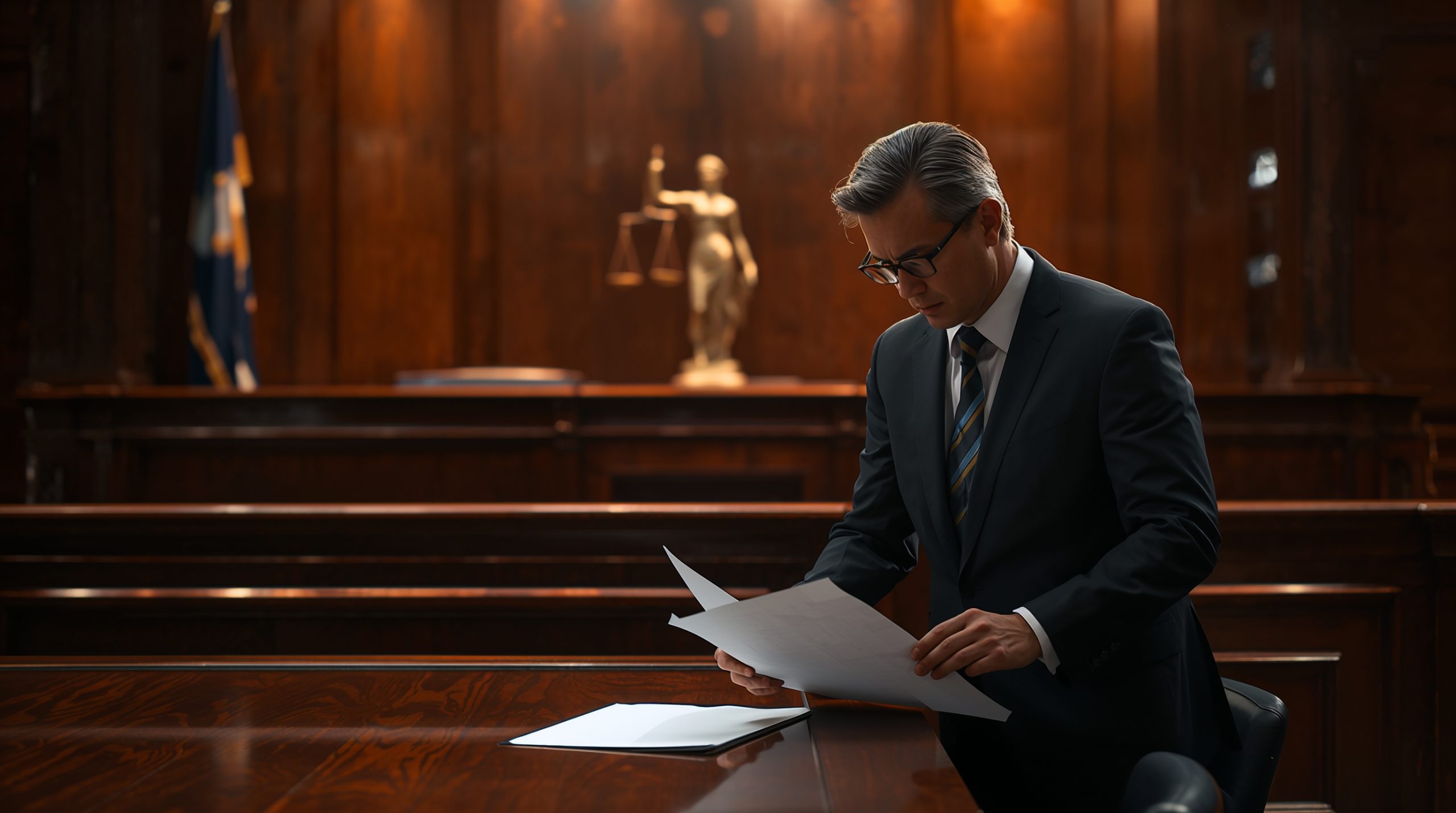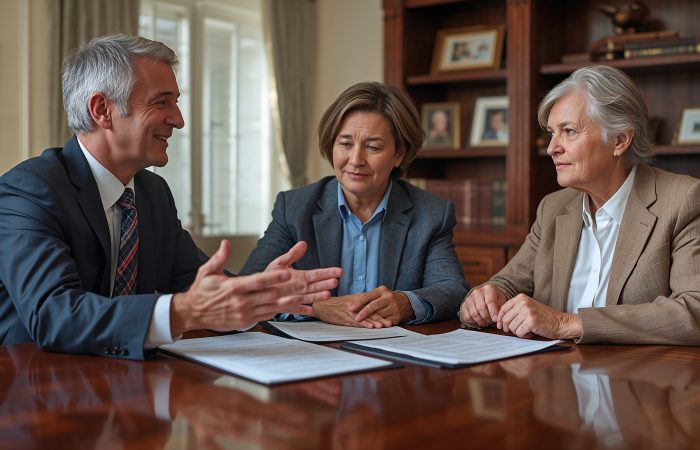What a Criminal Defense Lawyer Actually Does: From Arrest to Trial
When someone is facing criminal charges, understanding the role of a criminal defense lawyer is crucial. From the moment of arrest, through investigation, negotiations, and possibly trial, the defense lawyer crafts a defense strategy tailored to protect the client’s rights, minimize consequences, and achieve the best possible outcome. In this article we will walk you through each major stage of the process, explain how the lawyer operates, and highlight how a strong defense strategy is created and implemented.
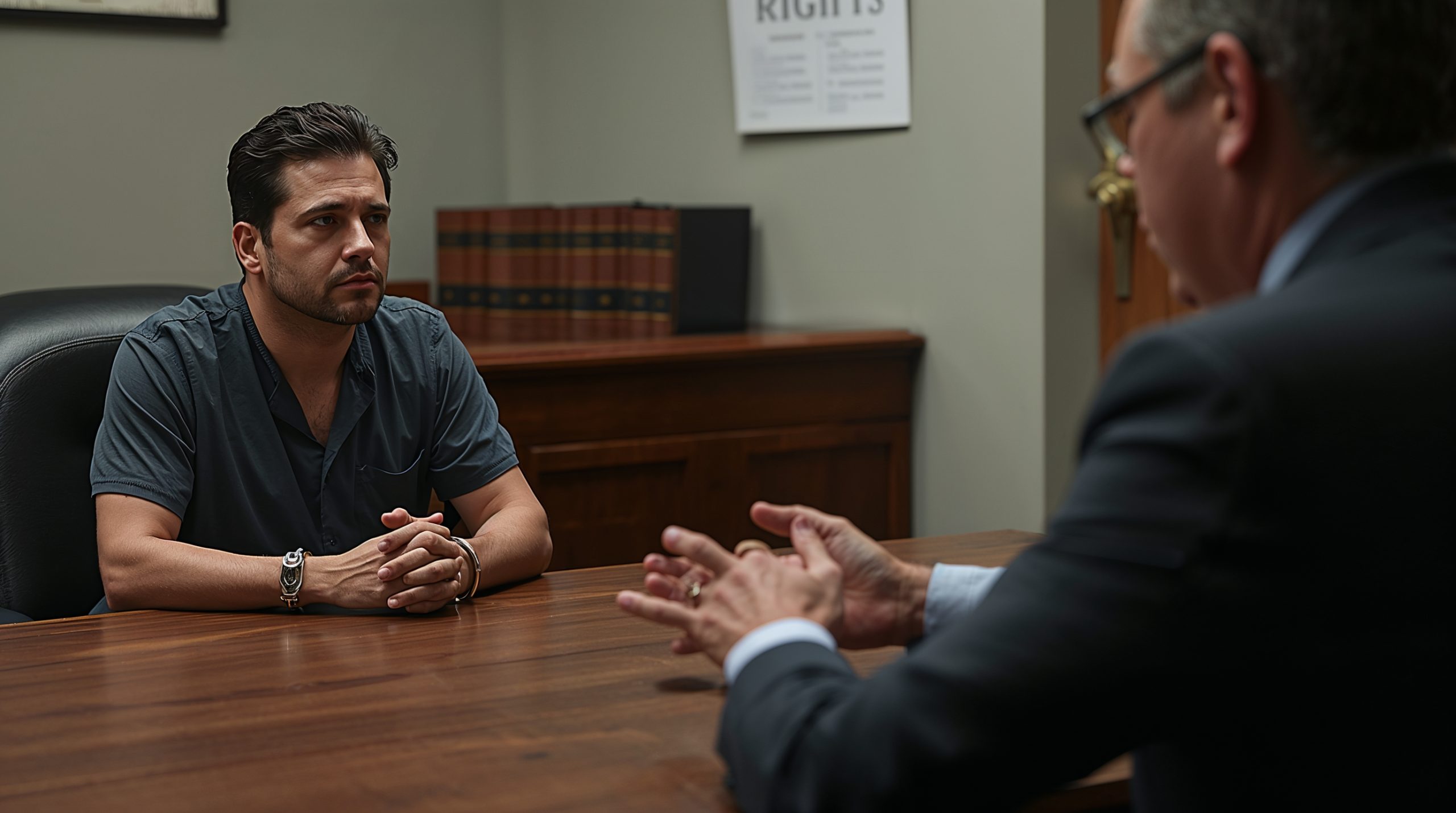
Stage 1: Immediately After the Arrest
The process often begins with an arrest. At this early stage the criminal defense lawyer acts quickly to safeguard the client’s constitutional rights and begin building a defense strategy. According to the legal standard, a defense lawyer must act zealously within the bounds of law to protect a client’s rights.
Key tasks at this stage include:
- Explaining the client’s rights, including the right to remain silent and the right to counsel.
- Reviewing how the arrest was conducted to check for illegal searches or seizures (Fourth Amendment issues).
- Requesting early discovery from the prosecution or planning an independent investigation.
- Starting to craft an initial defense strategy: How will we respond? Should we aim for dismissal, plea deal, or trial?
At this “arrest” stage the defense lawyer’s objective is to stop immediate damage, protect the client’s rights, and avoid rushed decisions without full information.
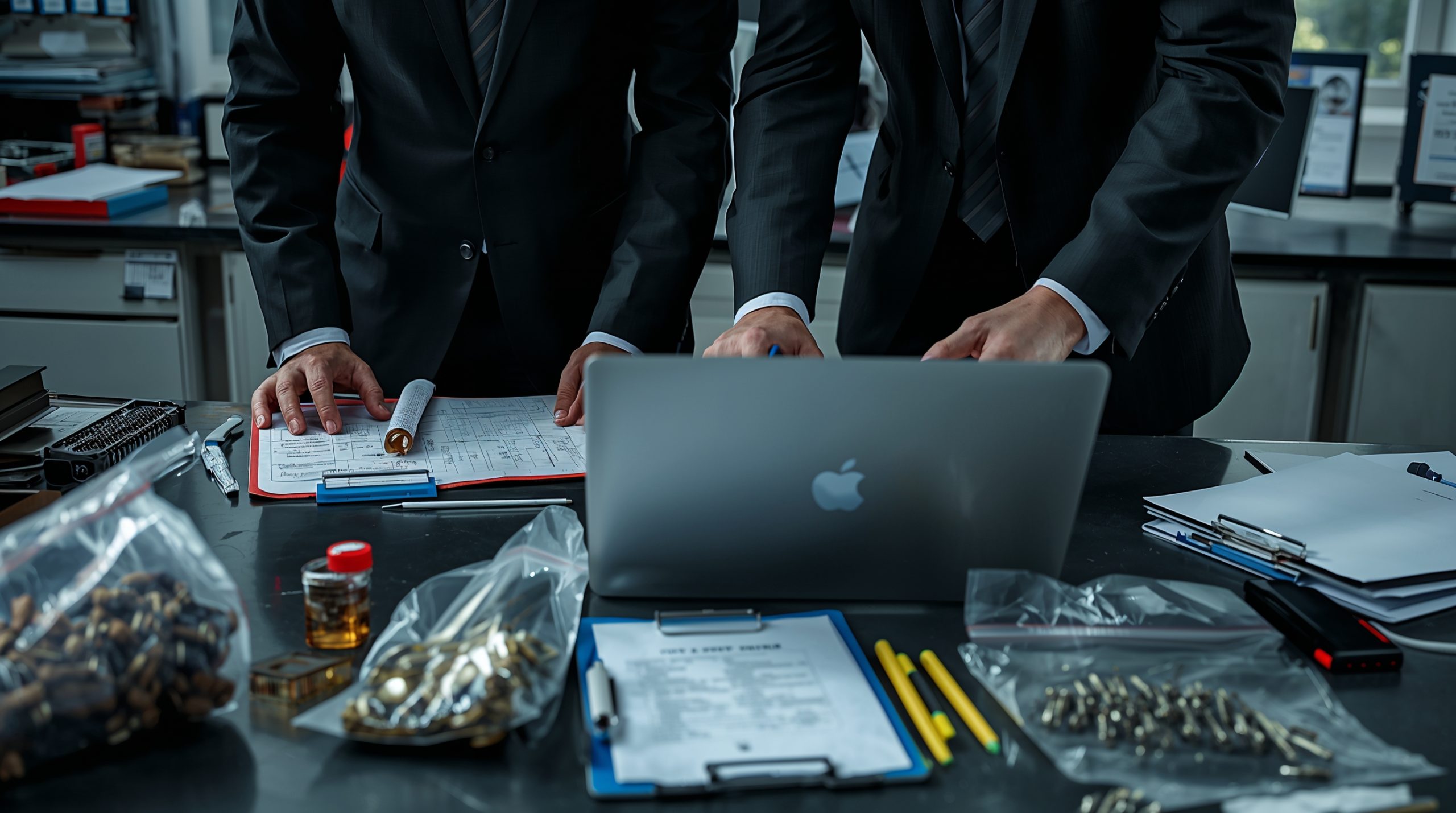
Stage 2: Investigation and Evidence Review
Once the case is underway the criminal defense lawyer shifts into investigative mode. A robust defense strategy depends on what the lawyer uncovers about the prosecution’s case and what the defense can develop. As one commentary notes, the lawyer must “investigate and engage investigators” in all cases.
Major aspects of this phase include:
Understanding the Charges and Applicable Laws
The lawyer analyzes what the client is actually charged with and what statutes apply. This involves assessing the strengths and weaknesses of the prosecution’s claims.
Reviewing Prosecution Evidence
This includes police reports, forensic evidence, witness statements, video or audio recordings, and any other material. The defense lawyer will look for inconsistencies, gaps or violations of procedure (for example illegal search or failure to preserve evidence).
Independent Fact‐Gathering
The defense lawyer may retain investigators, expert witnesses, or forensic consultants to perform tests or analysis that may cast doubt on the prosecution’s case.
Developing the Defense Strategy
At this point the lawyer begins to map out a defense strategy: Will the client seek suppression of evidence? Will they pursue an “innocence” defense, an alibi, or a plea negotiation? The defense strategy is tailored to the client’s situation and the risk profile of the case.
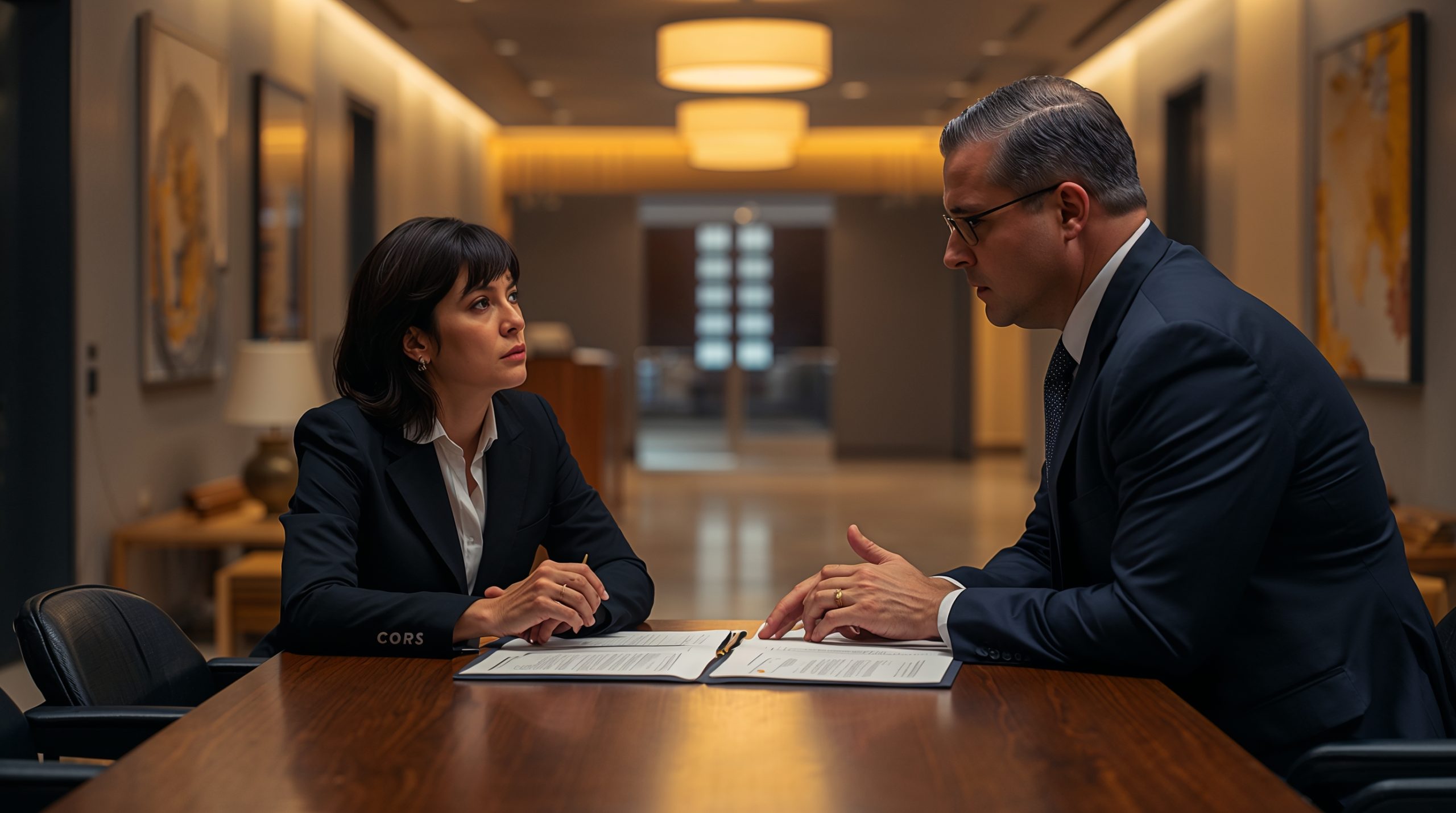
Stage 3: Plea Bargaining and Negotiation
Many criminal cases never proceed to full trial. A large number are resolved by plea bargain, and the criminal defense lawyer plays a critical role in negotiating a favorable resolution.
Key considerations for a plea negotiation include:
- Assessing the likely outcome at trial: What are the strengths of the defense strategy? What are the risks if the case goes to verdict?
- Estimating sentencing exposure: The lawyer must advise the client on what sentence could result if convicted, and compare that with any plea offer.
- Negotiating with the prosecution: The lawyer seeks reduction of charges, reduction of sentencing exposure, or favorable conditions (such as probation instead of prison, or diversion).
- Ensuring the client understands collateral consequences: For example immigration, employment, or civil penalties.
- Revisiting the defense strategy: Even if a plea is accepted, the lawyer should have built the case as if going to trial, to ensure the client has leverage.
A well‐crafted defense strategy therefore doesn’t abandon trial preparation simply because a plea is being considered; rather it uses trial readiness as leverage in negotiations.
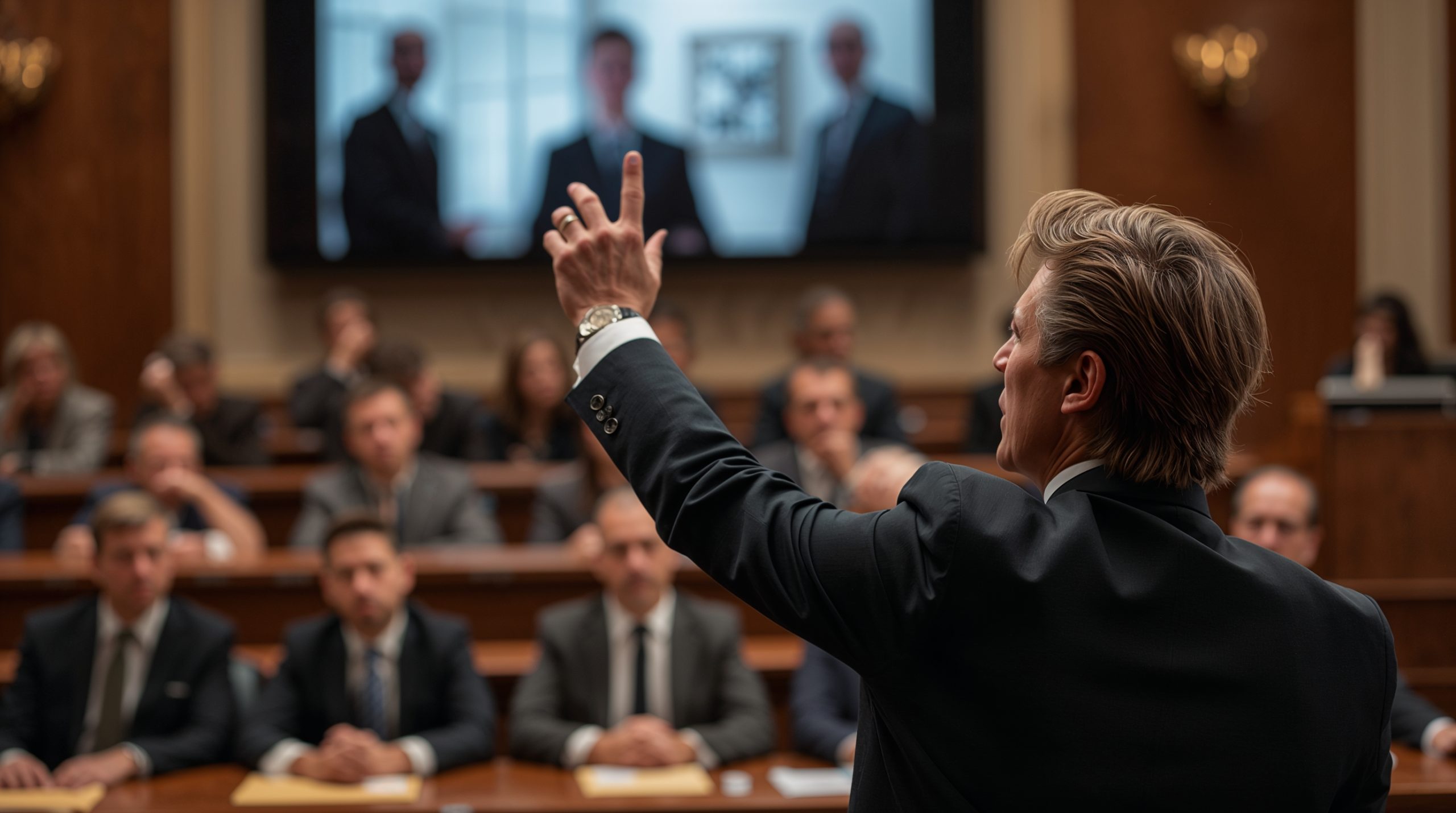
Stage 4: Trial Preparation and Courtroom Strategy
If a favorable plea cannot be reached or the client elects to go to trial, the criminal defense lawyer must execute a comprehensive defense strategy in court. This is where the advocate role becomes fully visible.
Pre‐Trial Motions and Hearings
The lawyer will file motions to suppress improperly obtained evidence, motions to dismiss charges, or challenge the legality of investigations or arrests. The legal standards require defense counsel to make a clear record and act promptly.
Jury Selection and Opening Statements
The lawyer directs voir dire (questioning potential jurors) in order to seat a fair jury, then presents an opening statement aligned with the defense strategy—introducing the defense narrative. The defense strategy is reflected in how the lawyer frames what the client’s story will be and how the evidence will be approached.
Presentation of Evidence, Cross‐Examination, Defense Witnesses
The criminal defense lawyer will present defense evidence or witnesses, cross‐examine prosecution witnesses to expose inconsistencies or credibility issues, and raise objections to improper testimony or evidence. The strategy here is to create reasonable doubt among jurors or the judge.
Closing Argument and Verdict Strategy
In closing the lawyer emphasises the defense strategy, reminds the jury of weaknesses in the prosecution case, aligns the facts with the client’s narrative, and argues for acquittal or minimal penalty. Even after the verdict a defense strategy may shift toward sentencing or appeal.
Stage 5: Sentencing, Appeal and Post‐Trial Considerations
If the client is convicted or pleads guilty, the defense lawyer’s role continues. A solid defense strategy also accounts for post‐verdict stages. The lawyer helps in:
- Preparing for sentencing hearings and arguing for mitigation of punishment.
- Exploring appeals if legal errors occurred, or raising post‐conviction relief issues.
- Advising on collateral consequences: deportation risk, future employment, expungement, records relief. The defense strategy should factor in those long‐term risks.
- Ensuring the client’s rights are upheld in all steps and that continuing representation is coordinated, including with appellate counsel if needed.
How to Choose a Criminal Defense Lawyer and What to Expect
Choosing the right criminal defense lawyer is part of executing a successful defense strategy. Here are key questions and expectations:
- Look for experience in the specific type of charge you face: misdemeanour vs felony, state vs federal.
- Ask about trial experience and how they approach defence strategy for your case.
- Clarify how they will investigate your case: Will they engage experts, gather independent evidence, challenge the prosecution’s facts?
- Understand communication: How you and your lawyer will work together, what updates you will receive, and how decisions are made.
- Expect candid advice: A good criminal defense lawyer will explain both best and worst case scenarios and map out a realistic defence strategy rather than making promises.Once hired, you should expect the lawyer to:
- Act promptly and diligently to protect your rights from the moment of arrest.
- Build a customised defence strategy rather than a generic template.
- Provide clear guidance on weighing plea options versus trial, and the risks of each.
- Keep you informed and involved in decision‐making, while providing professional recommendations.
- Stand prepared for trial even if a plea is likely, because readiness strengthens negotiating leverage.
Summary: Putting It All Together
A skilled criminal defense lawyer operates as strategist, investigator, negotiator and trial advocate. From initial arrest to investigation, from plea negotiation to courtroom presentation and post‐trial issues, the defence lawyer orchestrates a defence strategy aimed at protecting the client’s rights, reducing the consequences, and achieving the best possible outcome.
Whether you are facing a serious felony, a lesser charge, or you are just under investigation, understanding what a criminal defense lawyer does—and how defence strategy is developed—can give you clarity in a stressful situation. Choosing your lawyer wisely and engaging actively in the defence strategy will make a significant difference.
If you or someone you know is facing criminal charges, consulting with an experienced criminal defense lawyer early on can ensure your rights are protected and that a sound defence strategy is in place from the start.

